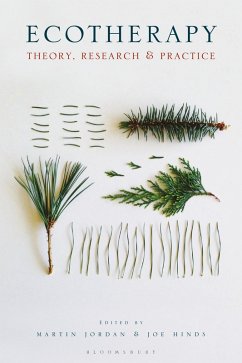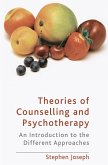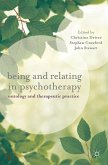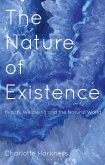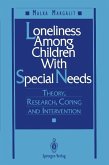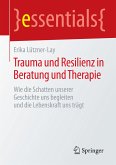In this thought-provoking book, Jordan and Hinds provide a comprehensive exploration of this emerging area of practice. Divided into three parts, the book offers a unique examination of a range of theoretical perspectives, unpacks the latest research and provides a wealth of illuminating practice examples, with a number of chapters dedicated to authors' own first-hand experiences of the positive psychological effects of having contact with nature.
Whilst the idea of using nature to improve mental and emotional wellbeing has existed for many years, growing levels of interest in holistic, reciprocal relationships with nature have led to the development of ecotherapy as an explicit field of research. This is the much needed academically rigorous, yet engaging, introduction for counselling and psychotherapy students new to the subject as well as experienced professionals wanting to expand their understanding of this fast paced area of study and practice.
Whilst the idea of using nature to improve mental and emotional wellbeing has existed for many years, growing levels of interest in holistic, reciprocal relationships with nature have led to the development of ecotherapy as an explicit field of research. This is the much needed academically rigorous, yet engaging, introduction for counselling and psychotherapy students new to the subject as well as experienced professionals wanting to expand their understanding of this fast paced area of study and practice.

